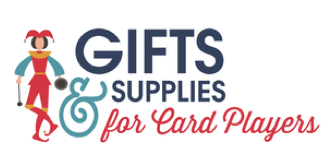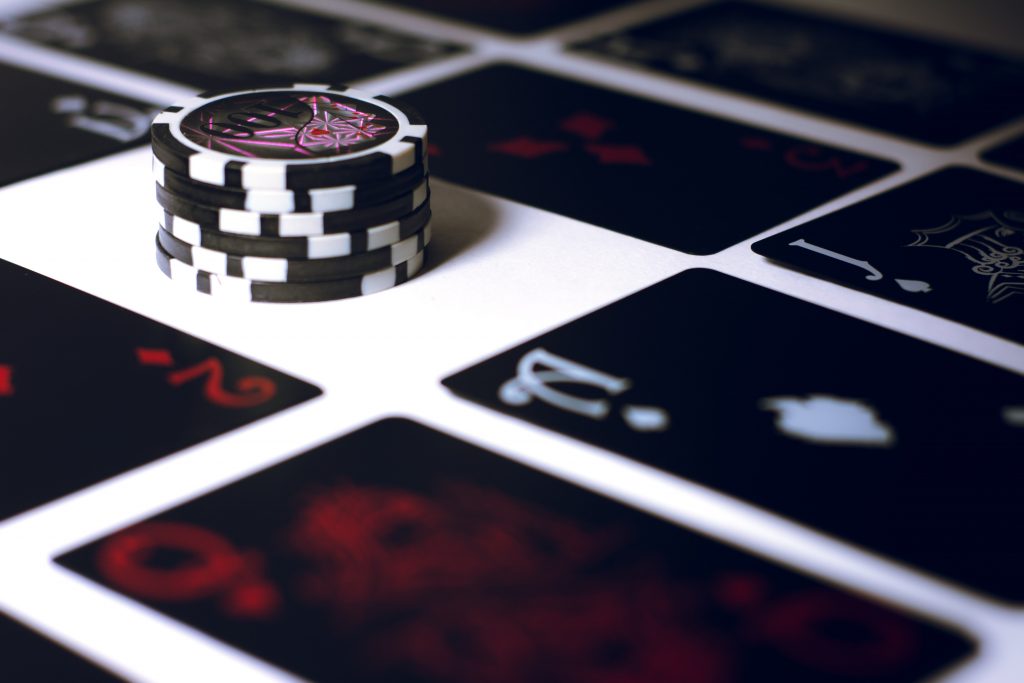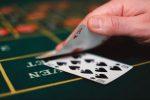Six Don’ts For Beginners to Improve Their Poker Performance
If you have just started playing poker, it is natural that you would want to learn some tricks to improve upon your performance quickly and become a better player within a short span of time. Here is a list of six important “don’ts” which should be followed by beginners to boost their poker performance and earnings.
Don’t Play Too Many Hands
One of the most common mistakes committed by poker rookies is that they play too many hands. Remember, playing every hand doesn’t automatically ensure winning. If you’re playing far too many hands, it is likely that you are going to lose more often, as you could be playing with substandard hands. As a general rule, try to play less than half of the hands.
Don’t Play When You’re Drunk
Poker requires mental alertness from the players. If you’re even slightly drunk, your mind and senses are dulled. Although you may feel relaxed after a couple of drinks, it is almost sure to impact your poker performance and earnings adversely because your sharpness, judgment, and decision making would suffer under the influence of alcohol.
Don’t Bluff for the Sake of Bluffing
As a beginner, you might be under the impression that “bluffing” is an essential winning strategy. However, this is not always true. Secondly, you first need to understand the situations when you might choose this course.
Bluffing doesn’t always work – it requires a combination of favorable situations and the right opponents for bluffing to work for you. Therefore, you should learn more about this tactic first and avoid bluffing just for the sake of it.
Don’t Play When You’re Feeling Low
You should not play poker just to escape from a low mood or a bad day. If you do so, you are starting on a tilt, which is never good for your performance. Similarly, you could also go on a tilt if you lose a big hand during a game.
When you’re feeling downcast, you are more likely to play emotionally instead of being rational. Other players on the table would sense your mood and try to gain the most out of it. Therefore, it is best to take a break if you’re having a bad day for some reason.
Don’t Play at Higher Limits
You might want to upgrade to higher limits game if you have been consistently winning at lower limits or because the line is shorter at higher limits. However, you should not play at stakes which makes you think too much about the money you lose.
Don’t Pick the Wrong Game for Your Skill Level
When you move to games with higher stakes, the skill level of an average player you’re competing against will be higher. You should try to be among the best players on the table, not the worst.
Remember, what matters is not the size of individual pots won by you, but the overall win rate. If you’re competing against better players for higher stakes, chances are that you would lose more games. A few big pots won by you at this level won’t really make up for the defeats you have suffered.





